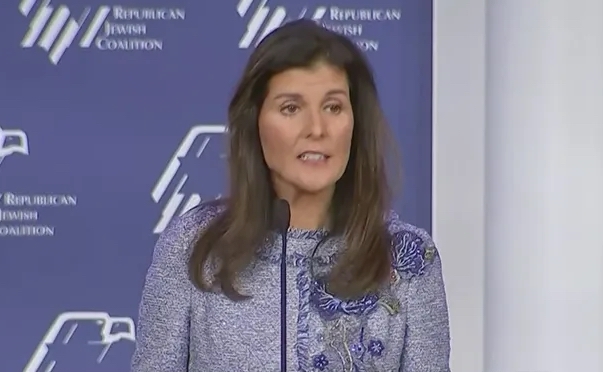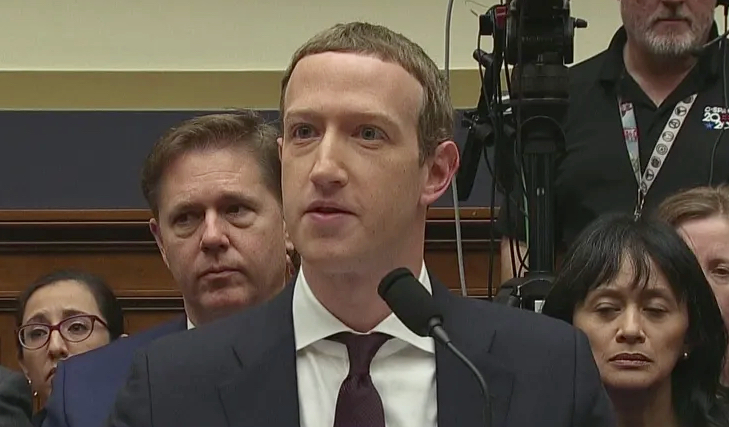The benefits of Medicaid transformation have focused on the issue from the cost/government perspective. What are the tangible net benefits to actual current Medicaid recipients?
JLF’s Health Care policy analyst, Jordan Roberts answers:
Managed care ideally will create a new insurance product for the Medicaid enrollees. The enrollees will now have the option of a much wider network than they would otherwise have on traditional FFS Medicaid. The care coordination will likely be the biggest benefit to enrollees. A managed care company uses patient data and a health team which coordinates care. This should ideally reduce low value procedures and increase high value one’s, thus contributing to healthier outcomes for patients. Managed care companies have to compete to keep patients because the enrollees could change managed care plans if they aren’t satisfied with the network or care plan they receive.
On the other hand, there is some concern that because claims eat into a managed care company’s profits, they are incentivized to reduce or delay care. The extent to which this happens is still unclear.
Just the overall administration and coordination by a private managed care company should provide benefits to the patient in that they get the same network and oversight of private insurers. It will take a while to understand how North Carolina’s managed care company is benefitting patients. But with proper oversight from the NCGA to ensure that quality metrics are being met and the capitated rates are fair to both parties, there can substantial benefits to patients and the state, both seen and unseen.


